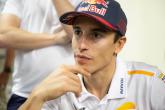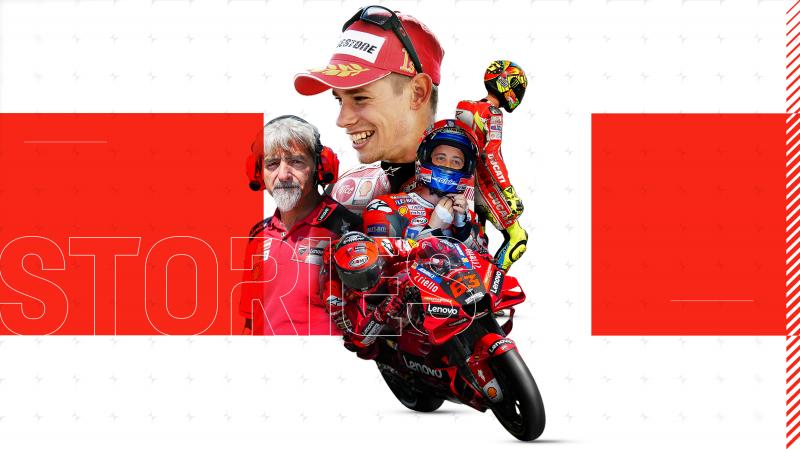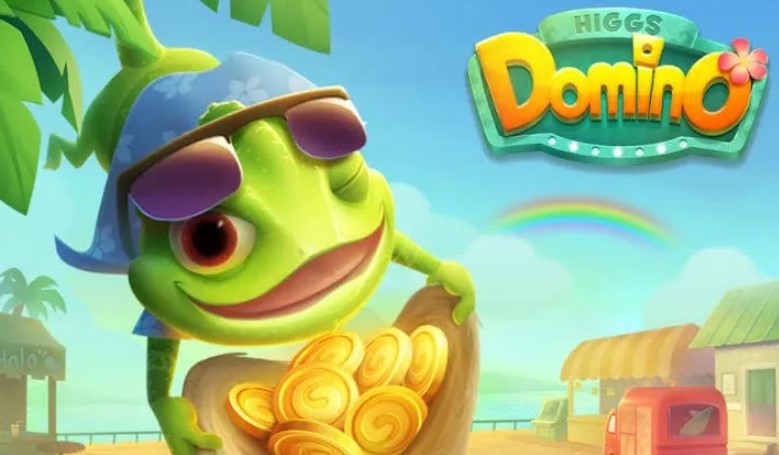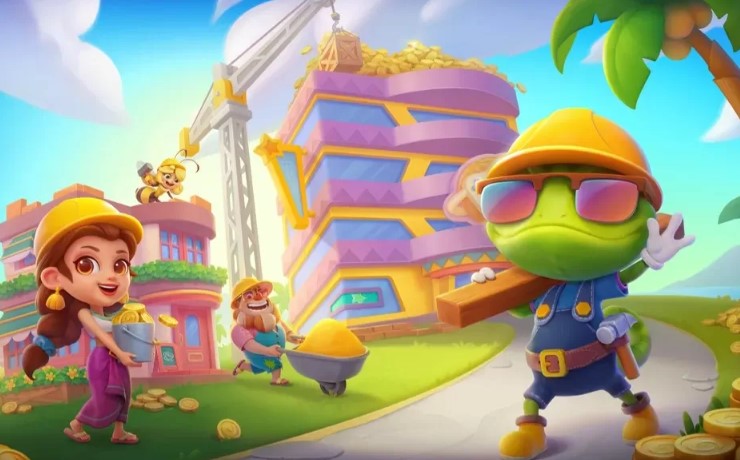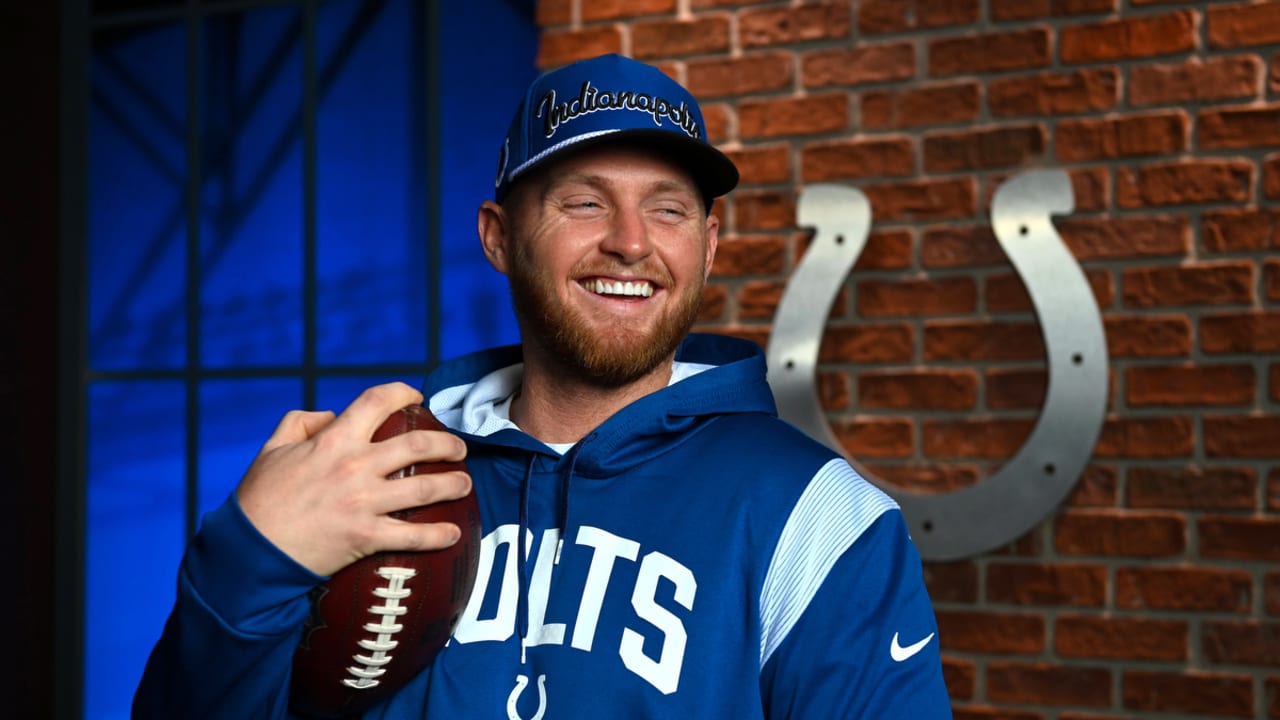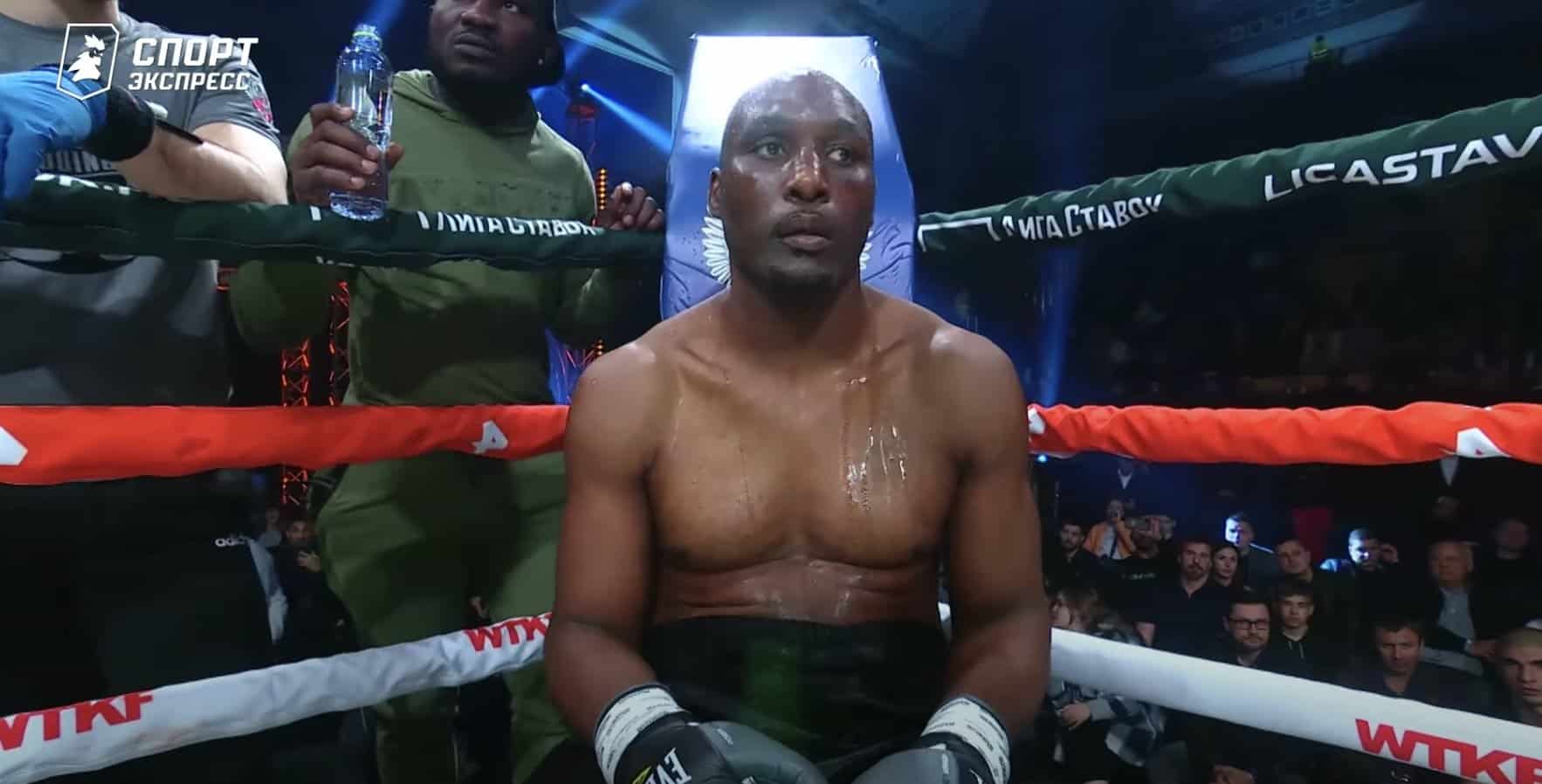
Despite a woeful beginning to 2023 for Honda, LCR’s Alex Rins gave the Japanese marque some much-needed hope after claiming its first win since the 2021 Emilia Romagna GP last weekend in Texas.
Rins is a Circuit of the Americas specialist and capitalised on yet another critical error for Ducati’s Francesco Bagnaia.
But that doesn’t detract from the fact that his ending of Honda’s victory drought was a special ride from someone whose potential is often overlooked.
Bagnaia’s second successive grand prix crash has raised more questions about his ability to learn from mistakes, though he believes the bike is fully to blame for his spill.
At Yamaha, Fabio Quartararo capped off the weekend with a first podium of 2023 but feels the Japanese manufacturer needs to seriously consider radical changes to its bike.
At COTA, there were track problems, resilient performances through illness and a genuinely positive change in the mentality of MotoGP’s promoter Dorna Sports.
Here are the 10 things we learned from the 2023 MotoGP Americas Grand Prix.
1. Rins’ COTA perfection lies in his Suzuki DNA

Rins rode around Honda’s long-term problems at COTA
Photo by: Gold and Goose / Motorsport Images
It’s ironic that without Suzuki’s demise in MotoGP, Honda’s victory drought would have continued at the Americas Grand Prix.
Rins’ options for 2023 were limited, but a factory Honda deal to join LCR for two years showed HRC placed some value on his signature – even if at the beginning of the COTA weekend he was feeling somewhat like a spare part.
“I feel that Honda relies little on me; I feel untapped,” he said on Friday. “A small example is what happened in Argentina. After testing Marc’s chassis, which is different from the one Joan had been using, I asked them if they would also let me test Mir’s, to get an overall idea.
“I thought it was the right time to test. And they said no, even though they have spare units. I tried to talk to them, but they are very square. It’s not that they don’t listen to me, but that they don’t take advantage of me.”
As it happened, Rins was the only competitive Honda rider in Americas. Second in qualifying, second in the sprint and a grand prix win measured against Joan Mir being the next-highest on the grid in 13th and in the sprint in 12th, while no other Honda rider finished the grand prix apart from Rins.
Rins spoke of how the Honda needs more rear grip during the COTA weekend, as it really struggles under acceleration, but that he was making steady improvements in his adaptation to the RC213V.
While the traction problems blighted the rest of the Honda riders at a circuit where low-gear acceleration is common, Rins was riding around the problem. By all accounts, this is down to the smooth riding style he has brought with him from Suzuki.
While it was thought Mir had a more-suited style for the Honda, it was Rins’ smoother cornering style that helped to mask the Honda’s traction issues as he rolled through turns more and could carry a bit of speed out of the turns on the edge of the tyre before twisting the loud lever.
Perhaps now Honda will put more emphasis on Rins’ development inputs.
2. Ducati too perfect, or Bagnaia too imperfect?

Bagnaia has surrendered 45 points after crashing twice in as many rounds
Photo by: Bob Meyer
Rins was strong throughout the COTA weekend, but was likely going to struggle to overhaul Francesco Bagnaia in the grand prix. The poleman and dominant sprint winner was hounded hard by Rins in the early stages of the main race, but the latter was having to “risk a bit” to stay with the Ducati.
Everything looked like it was heading the way of a grand slam weekend for Bagnaia. And then, on lap eight of 20 on Sunday, he crashed out going through Turn 2.
Marking his second grand prix crash in as many rounds, Bagnaia has surrendered 45 points and concedes he is lucky that most of his main rivals have struggled so far in 2023 – but “this luck will end”.
Ducati boss Davide Tardozzi’s Platoon-esque dropping to his knees in despair at the sight of Bagnaia’s crash said a lot about where the Italian marque thinks Bagnaia’s head is at, following his spate of errors in 2022.
Intriguingly, Bagnaia says the crash was “100{b037f4174007d005f1ab9cb8d1aafc050eb5d7e8c07298e478acc145e540df6a} not my fault” and blamed his bike for being too stable, which means he doesn’t have any feeling front end to anticipate when it is about to fold.
“Maybe it has too much of a filter because it’s so stable,” Bagnaia explained. “Like I said, you feel that you can do everything because I feel unbeatable on my bike. Doing the time attack, managing the tyres, yesterday we demonstrated everything was perfect, the whole weekend was perfect.
“I’m given a lot of confidence on my bike but it’s too stable. You can call me crazy seeing that, but I would prefer to have more feedback because I would understand the crashes. I was entering more normal, not to crash, not to stress the tyres.”
Bagnaia was one of nine riders to crash out of the grand prix, with most pointing towards the change in wind conditions for the race and the low-grip nature of the track as the main cause. Bagnaia refuted all of these.
Whatever the true cause, Ducati will have to work overtime in the coming rounds to ensure Bagnaia’s confidence does not end up irreparably knocked.
3. Radical changes needed at Yamaha to overturn skid

Despite a confidence-boosting podium, Quartararo was clear things need to change at Yamaha
Photo by: Bob Meyer
Yamaha’s Americas GP weekend was no easier than the previous two rounds of the championship, as the usual M1 top speed and rear traction problems continue to hinder 2021 world champion Fabio Quartararo.
Quartararo was seventh in qualifying and crashed out of the sprint overriding his bike to hold onto sixth place, while in the grand prix he was powerless to stop VR46 Ducati rider Luca Marini from taking second away from him.
This was still a confidence-boosting result for the Frenchman in the grand prix, but he didn’t hold back during the weekend about where he feels the bike is at and what has to happen next.
“Of course, it has to change,” Quartararo said of the Yamaha. “I don’t know how, but even if I feel better today [in the sprint] in fighting but from four years I don’t feel a big improvement from the bike. I have more experience of the bike, but from the bike I don’t see massive improvements. The things we have to change are much bigger than having an exhaust or one small thing on the bike.”
The Yamaha is the only bike on the grid that runs with an inline-four cylinder engine, while the rest all have V4s. While the inline-four is smaller and allows for a more agile chassis set-up because of this, the V4 is the more powerful option.
For a number of years, Yamaha riders have fielded questions about whether it was time to change philosophy and build a V4. Quartararo stopped short of agreeing with this, as he has no experience of a V4, but admits that – even with the apparent engine improvements that were made over the winter with the help of Luca Marmorini – a radical overhaul is needed for 2024.
“This is the thing I cannot say [for certain whether Yamaha needs to adopt a V4], because I never rode a V4. I always rode the Yamaha and I don’t want to ask for something I never tried,” he added. “But in the end the others are using this. I think the plan for next year is not this one [to switch to a V4]. I don’t know yet, but we will start again from far away.”
4. MotoGP’s look outside of its own borders yields positive signs

In Dan Rossomondo, Dorna has seemingly found someone with the outside vision it needs to take MotoGP to new heights
Photo by: Gold and Goose / Motorsport Images
It’s no secret that MotoGP has hit a skid in terms of popularity, which is reflected in TV viewing figures, trackside attendance and social media engagement.
Dorna Sports has tried a number of things to overturn this over the last few years, such as a failed docuseries and the introduction of sprint races which has so far met mixed views.
Many in the paddock for a long time have felt that, for all the good Dorna has done in MotoGP (and it has done a lot of good) its typically Spanish-minded ways have stifled its own growth. MotoGP is an exciting product, arguably more so than most motorsport series around it, and so it shouldn’t be as hard as it has been to strike new audiences.
In Dan Rossomondo, its new CCO, Dorna has seemingly found someone with the outside vision it needs to take MotoGP to new heights. Formerly vice president for global partnership and media in the NBA, as well as having experience in the NHL, Rossomondo made his first MotoGP visit at COTA last weekend.
Admitting he has a lot of learning to do, Rossomondo’s first address to the media offered nothing but positive signals. He recognises MotoGP’s strengths and potential and is focused on expanding its global reach.
Part of this will include a growth of the series in America, as well as engaging a younger audience – Rossomondo noting that MotoGP’s short format of a 20-minute sprint and 45-minute grand prix is perfect for the modern consumer.
Intriguingly, he doesn’t feel MotoGP’s predominantly Latin flavour is a bad thing, citing the popularity of football worldwide as proof the championship doesn’t need to become more English-speaking like Formula 1.
Changes won’t be made overnight, and his work will very much be a long-term project, but every MotoGP fan should be excited about what Rossomondo can do for the series going forward.
5. Morbidelli given timeframe to save his Yamaha future

Morbidelli’s future was a big topic of discussion coming into the COTA weekend
Photo by: Gold and Goose / Motorsport Images
Franco Morbidelli’s fall from grace since finishing runner-up in the championship in 2020 has been one of the most perplexing and disappointing storylines in MotoGP for the past year.
Yamaha honoured his two-year deal last season despite suggestions his seat was under threat, and so far the major step forward he needed to show in 2023 has not been forthcoming.
A great Argentina weekend on the low-grip Rio Hondo delivered a welcome boost, but he was nowhere in Texas. Benefiting from numerous crashes around him, he was eighth in the grand prix, 14th on the grid and 14th in the sprint.
He admits he is under pressure and that is a good thing for him, but the timing of his (without wishing to sound harsh) return to type couldn’t be worse. Morbidelli’s future was a big topic of discussion coming into the COTA weekend as Yamaha gave 2021 World Superbike champion Toprak Razgatlioglu a second test on the M1 at Jerez the previous weekend.
Razgatlioglu was 1.4s off KTM’s Dani Pedrosa’s pace at the end of the two-day private test, which was attended by Yamaha bosses Lin Jarvis and Massimo Meregalli. While Jarvis suggested during the COTA weekend that Razgatlioglu may not be first choice to replace Morbidelli, he has set a deadline of the summer break in July for the Italian to prove his worth.
“Obviously there is a margin for [Morbidelli] to show that he still has the speed he exhibited before,” Jarvis told motogp.com. “But I don’t want to say when it ends. In any case, these kinds of considerations have to be resolved before the first half of the season.
“The ideal situation for 2024 would be to continue with Franco, as long as he is able to ride at the level of the last race [in Argentina]. That would be our first option. If it were not Franco in the end, that would force us to look for other candidates. That is also why we wanted to put Toprak to the test.”
6. KTM potential high but Miller doubts remain

Miller believed he could have challenged for victory without his lap seven crash
Photo by: Gold and Goose / Motorsport Images
After a rocky winter, KTM has spent the first three rounds showing glimpses of genuine promise with its RC16. In Texas, it looked like it was on for another strong performance in the grand prix when Jack Miller found himself in third.
But, on lap seven of 20, the Australian crashed out. Without that tumble, he believes he could have genuinely challenged Alex Rins for the victory as the KTM holds its tyre life better.
However, for a rider who said in Argentina that he is the most doubted on the grid, an unnecessary tumble out of a top position is only highlighting that there is work to do for KTM in both improving its bike and its rider.
“Not what we wanted, we were there having a red hot crack at it,” Miller said.
“The bike was working really decent. The one sector of the track I was feeling comfortable in was sector two, I was able to reel in each lap there and I was just sort of settled in, just swapped the [engine] maps over two laps prior, felt pretty comfortable, felt those other boys were starting to come back to me a little bit, their pace was starting to ride a little bit, the tyres were getting to that point where we needed to nurse them.
“The hot laps had kind of come out. Yeah, I went into that corner, checking the data I did hold Turn 6 tighter and as I changed I paused on the change because I was coming from a bit wider and it loaded the rear and when she’s unloaded the rear it put a little bit more on the front. So, that could have had something to do with it. It’s a bee’s dick, but that’s all it takes around here. Once it tucked, I held it on the elbow for a bit but there was no saving it.”
Brad Binder didn’t have the pace of Miller in the race and was lucky to come away with a few points in 13th after an early crash, though he was a solid fifth in the sprint having started behind his team-mate in 11th.
7. Aprilia still has many issues to resolve before reaching peak

Vinales ended Friday feeling “perfect”, but struggled with starts in both races
Photo by: Gold and Goose / Motorsport Images
COTA has traditionally been a tough track for Aprilia, with Aleix Espargaro calling it his “kryptonite”.
Saturday was solid enough for Aprilia as Espargaro qualified sixth and rose to fourth in the sprint, narrowly missing out on a podium. But Sunday was a disaster, a broken ride height device causing him to crash on lap one of the grand prix at Turn 12.
This highlighted a worrying problem for Aprilia as Raul Fernandez on the 2022-spec RNF-run RS-GP had to retire with a broken ride height device – an issue Espargaro says has cropped up a few times.
His factory team-mate Maverick Vinales ended Friday feeling “perfect”, but two duff starts in the sprint and the grand prix stopped him from unleashing his full potential. Starting issues are an old Yamaha problem for Vinales, and blames his current woes on the setting of the clutch – though concedes it’s his issue to fix.
Only able to finish 10th in the sprint after dropping from eighth to 18th, he was at least able to recover to fourth in the grand prix just ahead of Miguel Oliveira on the second RNF Aprilia.
“It’s a shame because I think we had the potential to win the race, or at least to fight for it,” Vinales said.
“But, we need to work on it. It’s mandatory we improve the start. It’s something we will fix, this is clear. I think it’s the setting of the clutch, because I can see that the procedure of my team-mates is very similar, but the behaviour of the bike is totally different.
“So, it must be something that Aprilia has to improve. We are not worried about it because we have the speed, but if we can be in the front and win races it is even better. I think we are in a good level after the first three races, we are faster than we expected. This is important.”
8. Sprint races calm down in Texas, but for how long?

Races at the Texan venue tend to have a wider field spread than normal
Photo by: Gold and Goose / Motorsport Images
Saturday’s sprint race in Texas was a decidedly tame affair by the standards set out in Portugal and Argentina. While the top 10 in the opening two were covered by 5.9s and 5.1s respectively, the spread at COTA was 12.7s.
COTA is the second-longest track on the calendar and arguably the most physically demanding, with 20 corners of all proportions needing to be navigated to complete a lap.
So, typically, races at the Texan venue tend to have a wider field spread than normal. Still, the competitive order remained tight at COTA, while lap one was frantic between Alex Rins and Francesco Bagnaia, the latter was able to ease away to his second sprint win of the season.
With aggression levels also generally much more in check than in the previous two, will what we saw in COTA translate into the rest of the season? In short, probably not. While it’s true the riders are getting used to the sprint race, most agreed the layout of the track stopped things from getting out of hand.
“For me, more than us being calm, I think it’s the kind of track because this track you have quite a lot of hotspots to overtake, but not that many for example in Portimao,” Rins said.
“Also, the hot conditions in the race was super high, so already to brake behind some riders I was feeling some locking. So, for sure it was more difficult than usual.”
Aleix Espargaro of Aprilia also felt the pace set by Bagnaia was so high in the race that it naturally pulled the field apart. Looking ahead to Jerez, a much tighter and smaller track, Bagnaia is sure things “will be a different story” from COTA.
9. Ain’t nothing precious about these riders

Alex Marquez had an unfortunate vomit-induced crash in the sprint race
Photo by: Gold and Goose / Motorsport Images
MotoGP riders make no secret of the physicality and athleticism involved in competing in the series. Whether you’re a fan or otherwise, there’s no denying that MotoGP riders are among the toughest competitors in any series in world motorsport.
That was very much evidenced in the miserable toil of two frontrunners in Texas last weekend.
Pramac’s Jorge Martin arrived in Americas battling a flu-like illness and was glad Thursday wasn’t the official start of track action, as he would have been too weak to compete. He was still nowhere near full fitness when he topped Friday practice, the Spaniard unable to string more than one flying lap together at a time.
Crashing twice in qualifying, Martin rose from 12th on the grid to snatch third in the sprint, but admitted after the first four laps that he “couldn’t breathe” because his “mouth was full of mucus”.
Alex Marquez spent the first half of the sprint battling for the top five as his stomach wrestled with some dodgy dinner. On lap seven or 10, Marquez inadvertently paid tribute to Mark Webber at the 2007 Formula 1 Japanese GP and vomited in his helmet, which rather unfortunately led to him crashing out at Turn 12.
Both Marquez and Martin took part in the main grand prix on Sunday in much better health than the previous day, although the pair would tangle on lap one.
10. COTA track surface continues to cause problems

The notoriously bumpy surface has undergone numerous part-resurfacing jobs over the past few years
Photo by: Gold and Goose / Motorsport Images
As predictable as someone equating MotoGP in Texas to rodeo riding, once again the condition of the COTA track surface was a point of contention for riders.
The notoriously bumpy surface has undergone numerous part-resurfacing jobs over the past few years following complaints not just from MotoGP riders, but also from F1 and WEC. While the track received mostly positive reviews in 2022, once again the word “disaster” was bandied around last weekend.
World champion Bagnaia took aim at the fact there are four different types of asphalt on the circuit, while a number of riders noted the surface appeared to be cracked in some places. In the grand prix, eight riders crashed out, with a number blaming the slippery nature of the track.
VR46 Ducati rider Luca Marini called the surface “a disaster”, while Fabio Quartararo also used that term to describe the grip and bumps at Turn 12.
Some did feel the track was no worse than it was in 2022, and while there will always have to be an element of just accepting some bumps, it’s clear COTA still has a lot of work to do to make its track much more suitable for MotoGP’s needs.
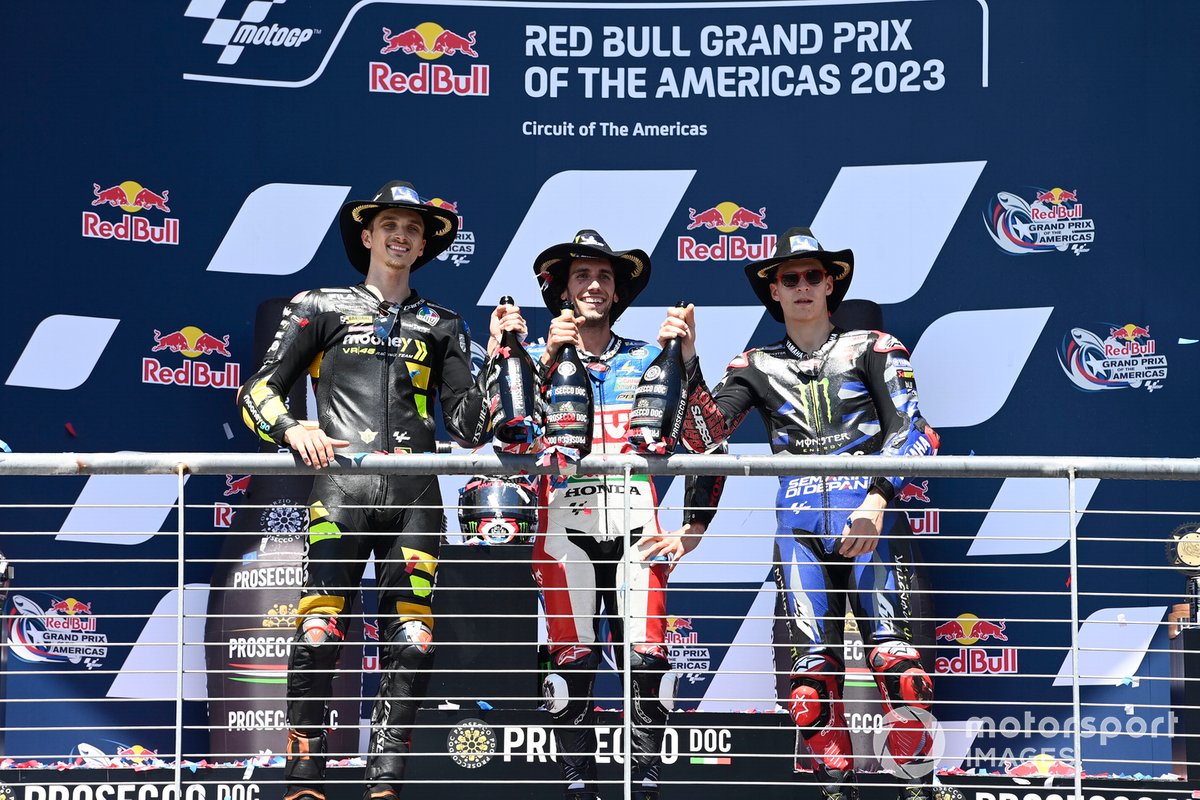
A third different grand prix winner in three rounds capped off an intriguing MotoGP Americas Grand Prix
Photo by: Gold and Goose / Motorsport Images
